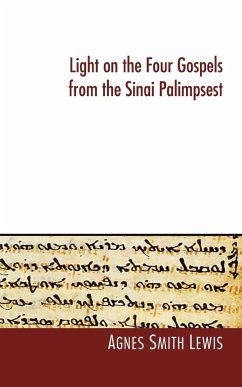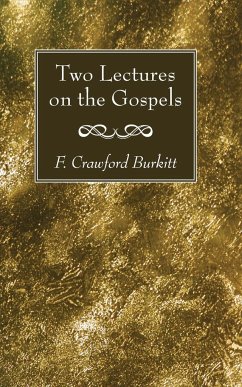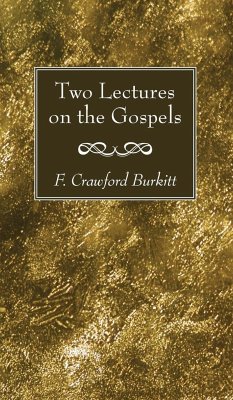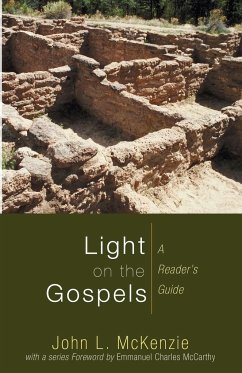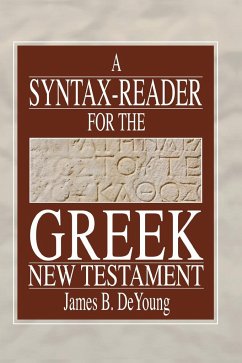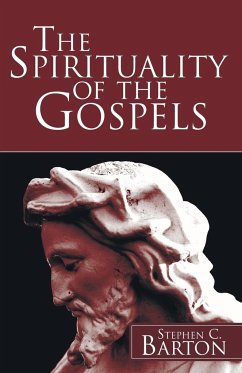Is there any improbability in supposing that these Greek Gospels were translated into Syriac, the vernacular of Palestine, very soon after their promulgation? . . . The Semitic natives of the country, most of whom were unacquainted with Greek, or who had a knowledcge of it sufficient only for commercial purposes, would demand at a very early period a version in their own tongue. Is it not possible that this version (from Greek into Syriac) was made by men who had either been themselves eye-witnesses of the events recorded, or in whose ears were still ringing certain phrases or expressions heard by them in the synagogue from the lips of those who had been eye-witnesses? If this were so, they would, whilst giving in general a faithful rendering of the Greek text before them, occasionally and naturally fall into the habit of incorporating with it, or modifying it so as to incorporate, those phrases or expressions with which they had acquired a sacred familiarity. And the result would be just what we have in the Old Syriac Gospels, and in the Western texts generally. --from chapter 1
Hinweis: Dieser Artikel kann nur an eine deutsche Lieferadresse ausgeliefert werden.
Hinweis: Dieser Artikel kann nur an eine deutsche Lieferadresse ausgeliefert werden.
